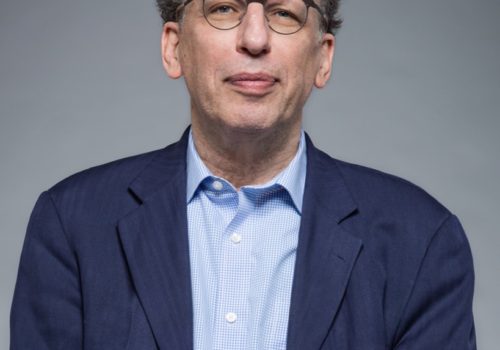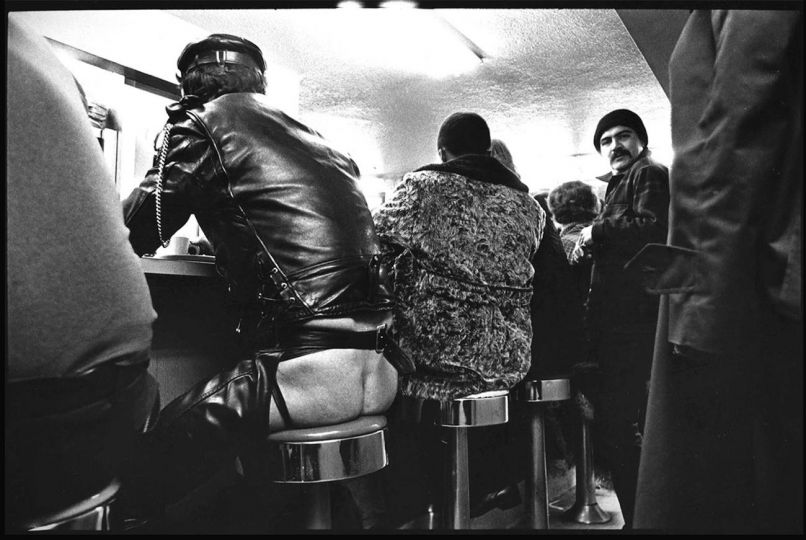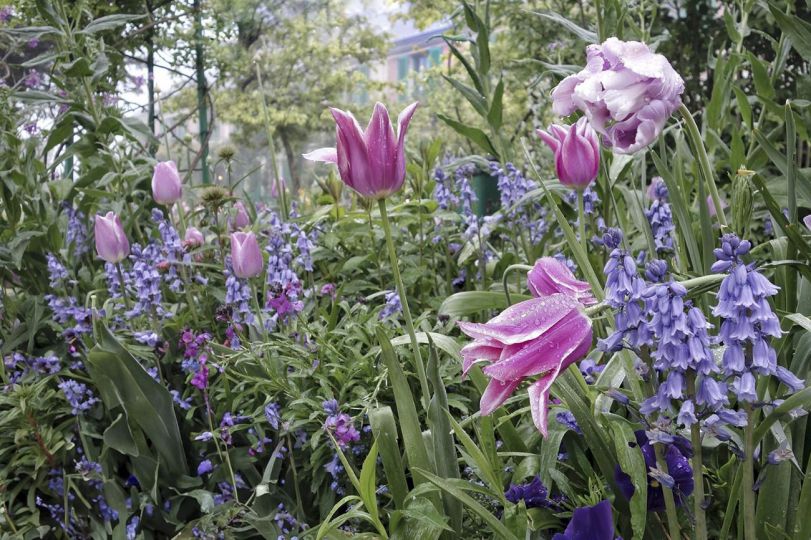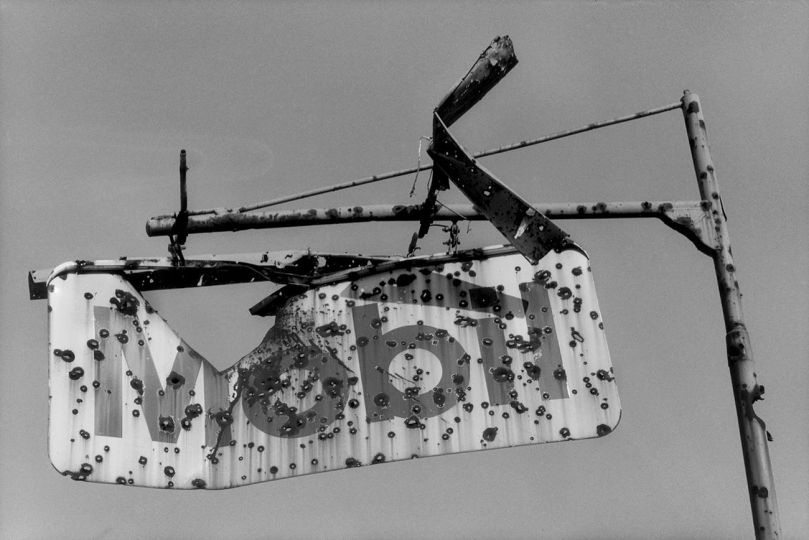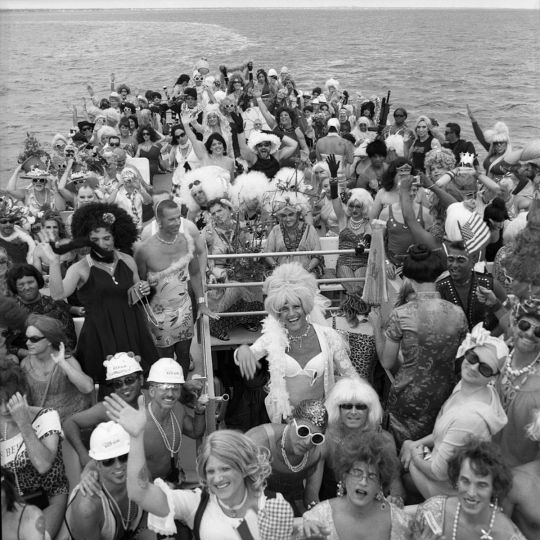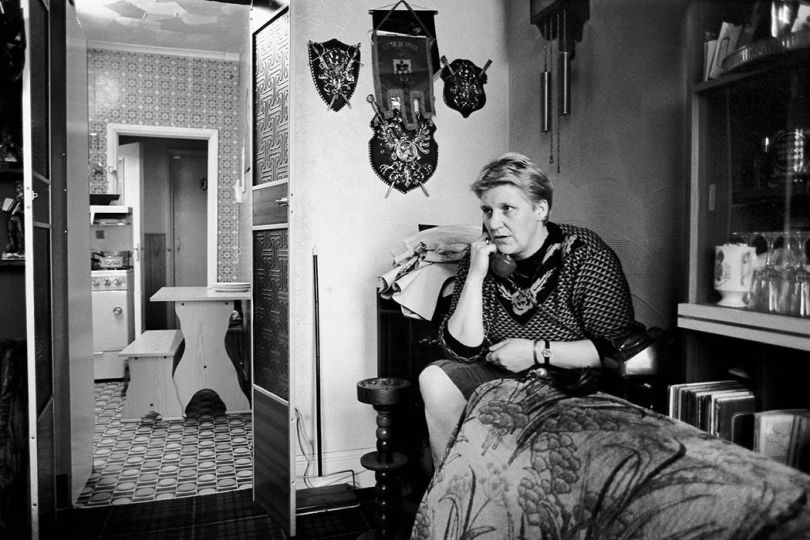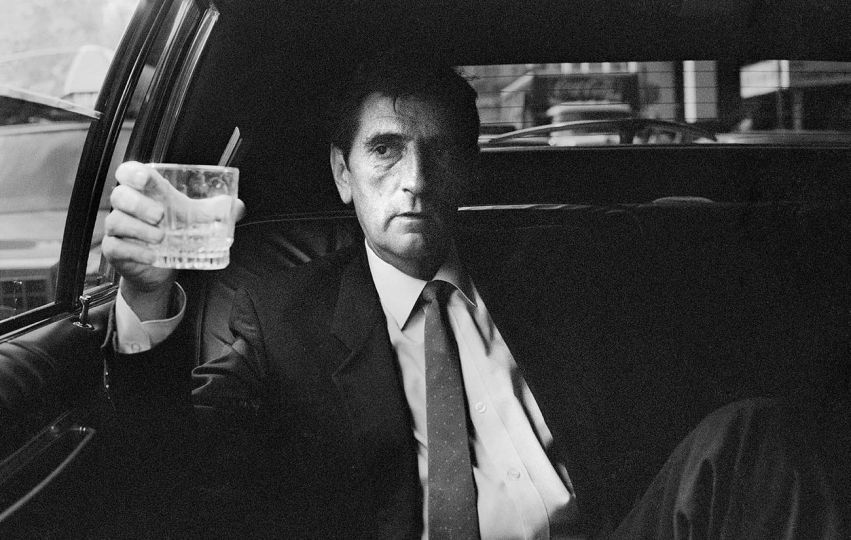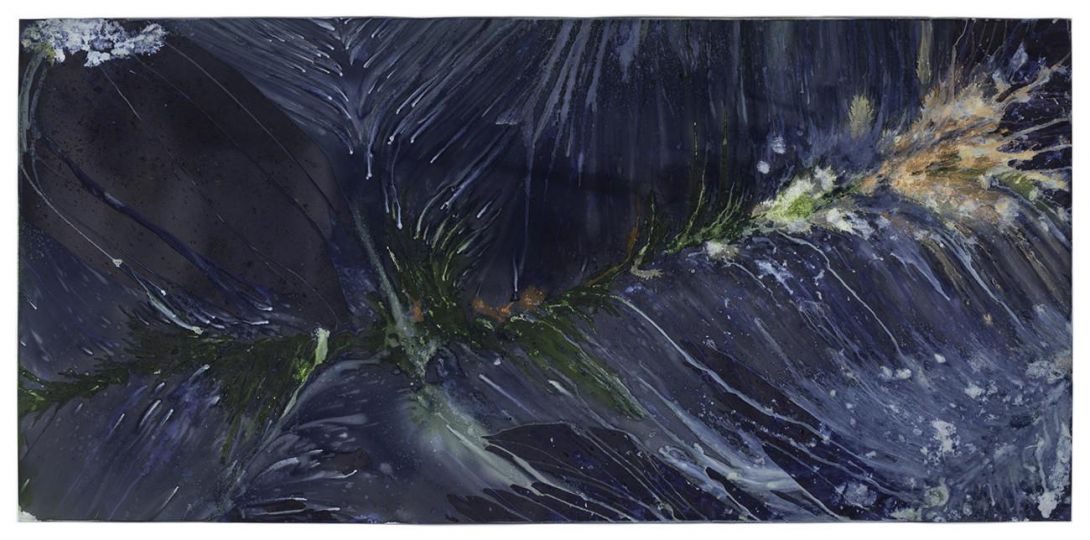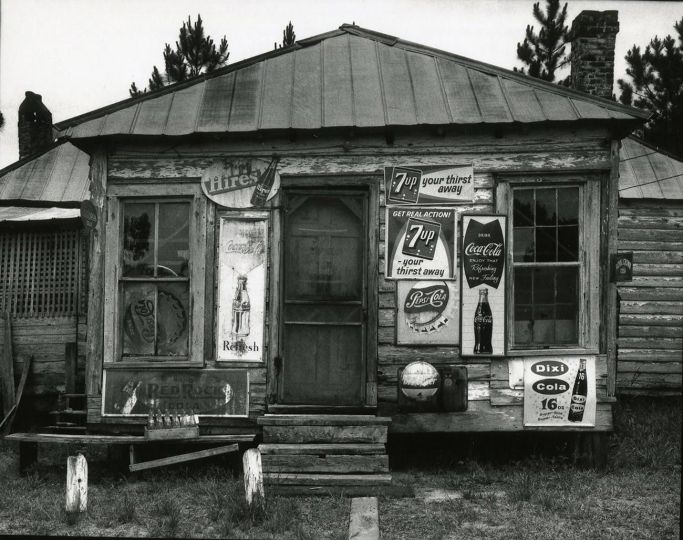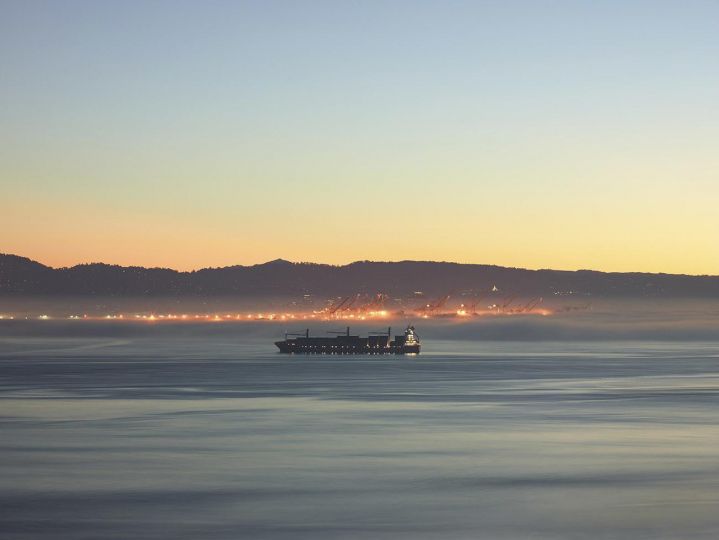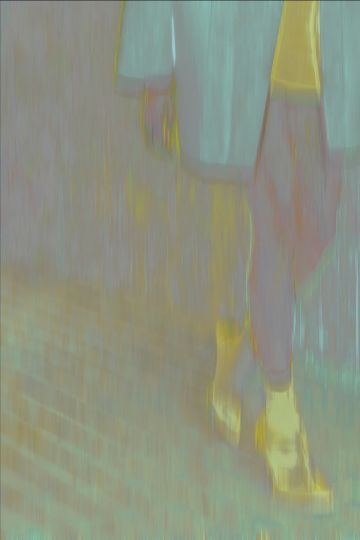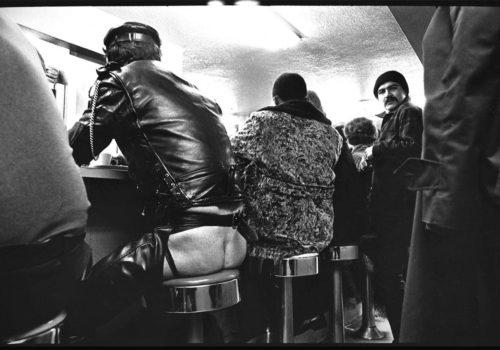There has never been a moment as pivotal in the transformation of media. Will the enormous proliferation and diversity of imagery we are experiencing today make the world more comprehensible, or less? Will it be a source of freedom, or of constriction? It is our urgent mission at ICP to try and comprehend the expanding potentials of visual communication, to share what we find with others, to help our students to articulate their own visions in the fullest way possible, and to show work that explores contemporary issues with nuance and complexity. One must look to the past for the considerable inspiration it offers, but one cannot only look to the past. We are in, as Henri Cartier-Bresson put it, the “decisive moment,” one filled with acute challenges both as to the future of media and the future of the world. At ICP, we plan on doing our part. – Fred Ritchin, Dean of the School
We live in revolutionary times, although the revolutions enabled by digital technologies are complex and contradictory. As I write this the last victims of the latest mass American slaughter—in Orlando—are still being identified. The killer’s preening selfies are all over cable and social media along with the heartbroken mother who repeatedly weeps. What does this mean and how can we comprehend the vastly expanded powers of the visual image? As ICP begins its new life in a new home on the Bowery, we must explore the endless questions raised by the vexing illuminations of the networked image. We are uniquely positioned for this task. – Carol Squiers, curator
To know where International Center of Photography is going, it’s important to take a look at why ICP was founded – and that was the intent to interrogate the ethical, moral, and aesthetic implications of photographic and visual cultural production. That intent, along with the rarified opportunity to develop programming around the powerful intersection of visual culture and social justice, is what ultimately enticed me to join ICP. It’s a personal passion point. Of course, it’s no surprise to say that images, particularly photographic images, are everywhere. Though not quite as essential to us as water and air, they nonetheless play fundamental and indispensable roles in human lives the world over — often informing people about what’s happening in the world. Visual images have to reinforce or refute; to capture, lend support, or strengthen moments that might have otherwise gone unnoticed. I’m fascinated by the inherent contradiction of the medium: It has an amazing amount of authority, while also being subject to a lot of competing interpretations. That dichotomy will be an important conversation point for Center for Visual Culture, and will certainly be an part of the ongoing dialogue throughout all facets of ICP — from the School, strengthened public programming, and at the new ICP Museum. We are perfectly poised to do some wonderful – I’d even dare to say something cutting edge – within the context of role and significance of visual culture in everyday lives. I look forward to seeing what’s next. – Paul Rogers, Center for Visual Culture
Paul Rogers joined the International Center of Photography in Spring as Director of Content and Public Programming, heading up the new Center for Visual Culture – a role made possible by a grant from the Andrew W. Mellon Foundation.

